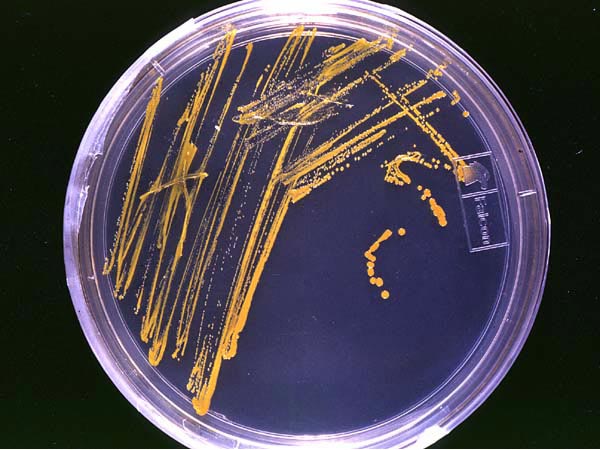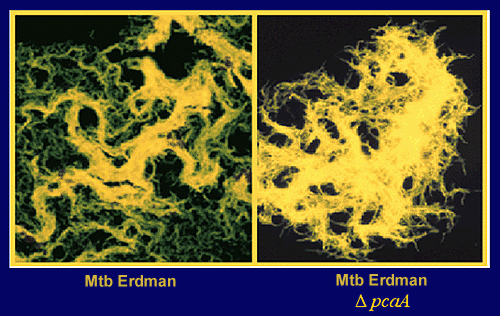May 21, 2013 — (Bronx, NY) — In a striking, unexpected discovery, researchers at Albert Einstein College of Medicine of Yeshiva University have determined that vitamin C kills drug-resistant tuberculosis (TB) bacteria in laboratory culture. The finding suggests that vitamin C added to existing TB drugs could shorten TB therapy, and it highlights a new area for drug design. The study was published today in the online journal Nature Communications.
TB is caused by infection with the bacterium
M. tuberculosis. In 2011, TB sickened some 8.7 million people and took some 1.4 million lives, according to the World Health Organization. Infections that fail to respond to TB drugs are a growing problem: About 650,000 people worldwide now have multi-drug-resistant TB (MDR-TB), 9 percent of whom have extensively drug-resistant TB (XDR-TB).TB is especially acute in low and middle income countries, which account for more than 95 percent of TB-related deaths, according to the
World Health Organization.The Einstein discovery arose during research into how TB bacteria become resistant to isoniazid, a potent first-line TB drug. The lead investigator and senior author of the study was William Jacobs, Jr., Ph.D., professor of microbiology & immunology and of genetics at Einstein. Dr. Jacobs is a Howard Hughes Medical Institute investigator and a recently elected member of the National Academy of Sciences.
Dr. Jacobs and his colleagues observed that isoniazid-resistant TB bacteria were deficient in a molecule called mycothiol. “We hypothesized that TB bacteria that can’t make mycothiol might contain more cysteine, an amino acid,” said Dr. Jacobs. “So, we predicted that if we added isoniazid and cysteine to isoniazid-sensitive M. tuberculosis in culture, the bacteria would develop resistance. Instead, we ended up killing off the culture— something totally unexpected.”
The Einstein team suspected that cysteine was helping to kill TB bacteria by acting as a “reducing agent” that triggers the production of reactive oxygen species (sometimes called free radicals), which can damage DNA.
"We predicted that if we added isoniazid and cysteine to isoniazid-sensitive M. tuberculosis in culture, the bacteria would develop resistance. Instead, we ended up killing off the culture— something totally unexpected."
– William Jacobs, Jr., Ph.D.
“To test this hypothesis, we repeated the experiment using isoniazid and a different reducing agent— vitamin C,” said Dr. Jacobs. “The combination of isoniazid and vitamin C sterilized the M. tuberculosis culture. We were then amazed to discover that vitamin C by itself not only sterilized the drug-susceptible TB, but also sterilized MDR-TB and XDR-TB strains.”
To justify testing vitamin C in a clinical trial, Dr. Jacobs needed to find the molecular mechanism by which vitamin C exerted its lethal effect. More research produced the answer: Vitamin C induced what is known as a Fenton reaction, causing iron to react with other molecules to create reactive oxygen species that kill the TB bacteria.
- See more at: http://www.einstein.yu.edu/news/releases/907/study-finds-vitamin-c-can-kill-drug-resistant-tb/#sthash.ww7RqFgU.dpuf








